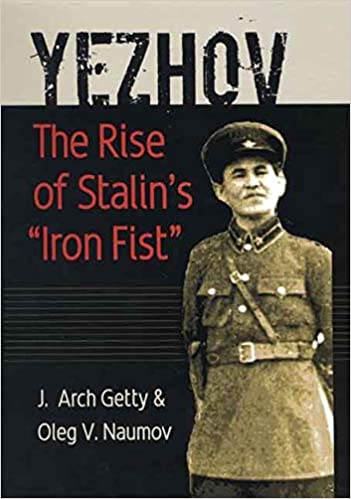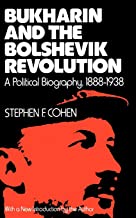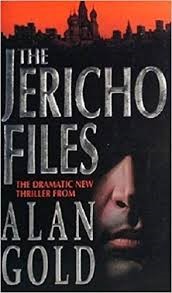
The Jericho Files is the first novel by Australian author Alan Gold, and the only one with a Russia focus. Even then, that focus is not on Russia alone, but also on Israel —the subject of most of Gold’s many later novels.
The titular ‘Jericho Files’ hold the secret of a Soviet plot, dating back to the late Stalin years, to insert a Communist sleeper agent into the political life of the nascent state of Israel. By the 1990s, this man has become Prime Minister of Israel and sets about disrupting the international order in alliance with Moscow.
The Jericho Files is a well-constructed page-turning thriller; but with one issue that bugs Russia in Fiction. There is a questionable premise at the heart of the plot, a premise that recurs in several post-Soviet thrillers. Why would a died-in-the-red-wool, decades-long Communist feel allegiance to the regime that overthrew Communism in Russia?
In Sydney, Miriam, a high-flying young Jewish lawyer, and her investigative journalist boyfriend Paul, come across a photograph from the early life of Israel’s Prime Minister. This picture appears to reveal his brutal pro-Communist activities as a young man in Poland.
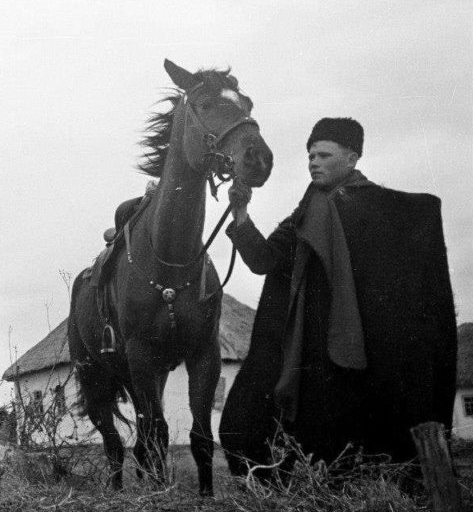
Despite the KGB’s otherwise efficient activities to expunge such details from the historical record, this crucial piece of evidence has evaded the Soviet security services. If it were verified and publicised, then the political career of Israel’s Prime Minister would be finished, and with it a Soviet plot decades in the making.
The nearly 600-page novel follows Miriam and Paul as they seek to corroborate and reveal to the world what they have discovered. It takes them from Australia, to Jerusalem, to Poland, and eventually to Moscow. At the same time, parallel sub-plots follow the veteran KGB officers running the Jericho Files operation, the Islamist terror groups seeking to undermine the state of Israel, and various national governments —notably in the US and Russia— responding to events.
So far, so good; this is a well-written thriller with many of the elements that make such a novel so. The balance between the individual lead characters and the geopolitical manoeuvres of governments is exemplary. There are some tremendous action and espionage scenes. The plot moves along at a good pace and has a multi-level complexity that compares well with Tom Clancy.
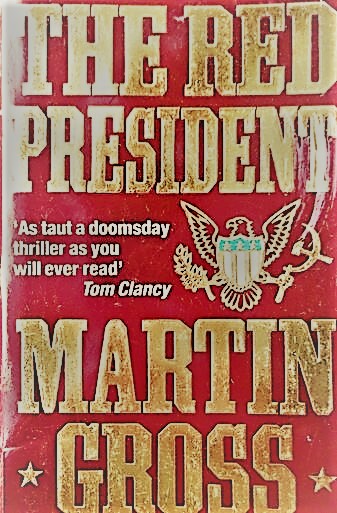
And whilst the central element of a sleeper agent slowly rising to power is a well used trope in thriller fiction, there is an original twist here in that the location of that rise to power is Israel rather than the more standard ‘red president’ idea set in the United States (for example, Martin L. Gross’s 1987 novel with that very title).
But the snag comes in the fact that The Jericho Files was published in 1993, after the Soviet Union had collapsed. Set in the thriller genre’s standard ‘near future’, that is the mid-1990s, The Jericho Files is written about what was then the new post-Soviet Russian state. It describes the international situation at the time well, making much play for example of the parlous state of the Russian economy and the exuberance felt in certain Moscow circles at the new freedoms which the collapse of Communism had brought.
Alan Gold, as befits a former foreign affairs correspondent, knows what is going on in the world and is able to write a plausible plot on that basis. But one glaring issue stands out: namely, why would a Communist sleeper agent —particularly one in place since the Stalin era— maintain loyalty to a Russian state which had explicitly orchestrated the final collapse of the Soviet Union and overthrown Communism just a few years earlier?
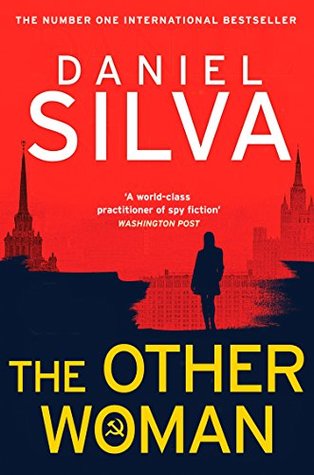
If the motivation of a sleeper agent is an ideological commitment to Communism, as it usually is and is in the case of The Jericho Files, then why on earth would they throw their lot in with post-Communist Russia? Why would they work with political leaders in Russia who have rejected the Communist creed and removed the Communists from power? I don’t get it.
Given the date of publication of The Jericho Files, I was left wondering whether its plot had been set out, and certainly conceived, before the collapse of the Soviet state.
Beyond this logical lacuna, the novel contains some terrific discussion about what has happened to the old security apparatus of the Soviet Union, putting forward ideas that a quarter of a century later can be seen to foreshadow the rise of ex-KGB Colonel Vladimir Putin to the head of the Russian state at the turn of the century.
The following conversation between reformist minister, Yeszersky, and an equally reformist but slightly more realist ex-KGB ally friend illustrates:
Yeszersky continued. ‘Look, the KGB is still there, but it’s got no balls. Its anti-Semitism, anti-republicanism, anti-this and anti-that, are all a function of the past … The KGB is dying. Soon, thank God, even the Old Guard remnants will be dead and buried.’
‘But like Dracula and Jesus Christ, they’ll be resurrected. That’s why we have to be so careful. You were blithely ignorant of its activities, even though you are a minister in the government… It’s why Petrovsky’s [veteran KGB leader of the Jericho Files plot] so dangerous and we have to stop the old bastard.’
Yeszersky shook his head in confusion. ‘No, they’re not important any more. This is just the final death croak from the throat of Petrovsky and a few old bastards like him.’
‘If they’re dying, then how do you explain what Petrovsky’s managed to do?’
the jericho files, p. 474
This would not be a Russia-in-fiction review if we didn’t take a careful look at what the author of The Jericho Files knows about Russia. The novel passes muster from that perspective, albeit with the occasional glitch.
Slightly disconcertingly, the names of some of Alan Gold’s Russian characters appear to be simply taken from key figures from the Soviet past —for example, Bukharin and Yezhov. I guess that is one way to make sure that you are using genuine Russian names, although it does make the reader do a double-take if they know their history.
And more amusingly, when the novel’s heroes eventually arrive in Moscow, Gold’s scene-setting somehow has their taxi driver allowed to drive them
slowly through Red Square and past the Kremlin, circling the vast, triangular walls
the jericho files, p. 492
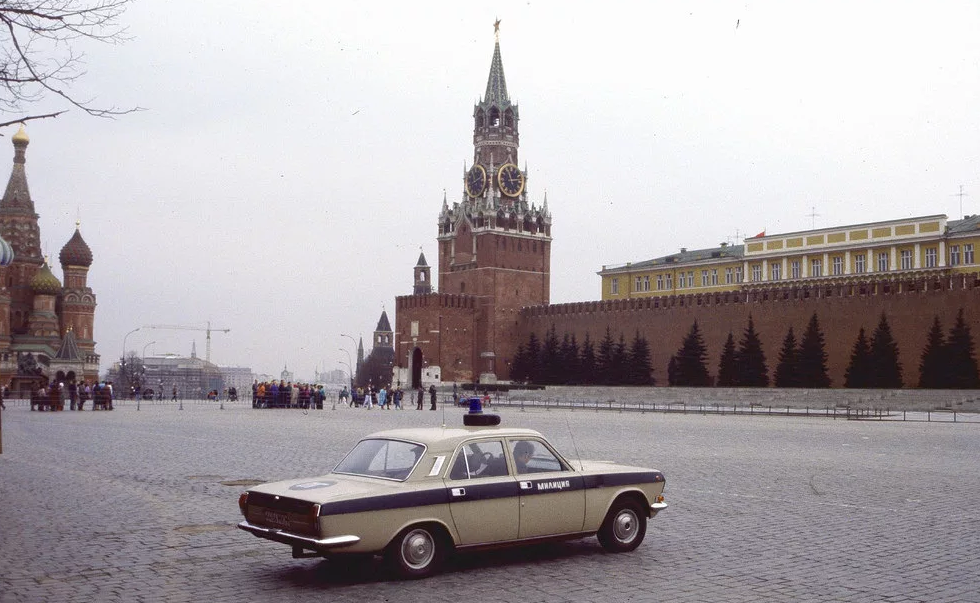
If only my various 1990s taxi drivers had had such privileged access.
The Jericho Files is worth a read, both for the glimpses it gives into how Russia-in-fiction thriller plots had to adjust to the new politics of the post-Soviet era, and for the fact that it is a well-crafted page-turner of the globe-trotting international politics genre.
